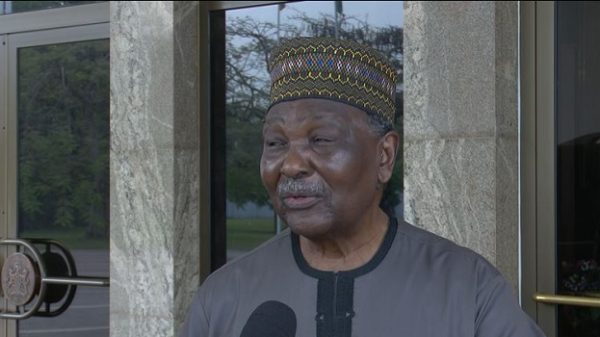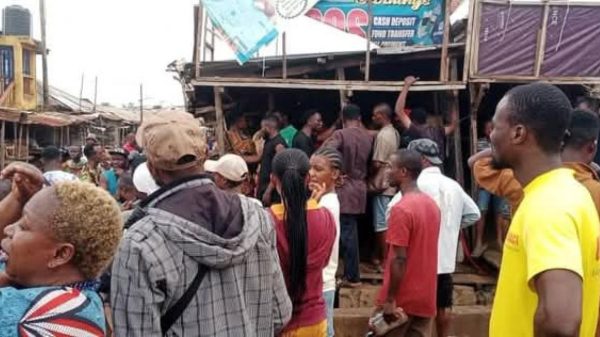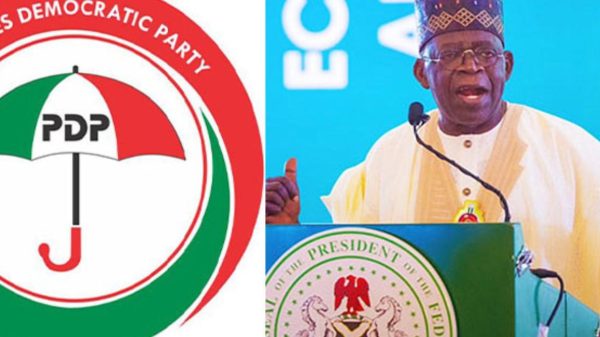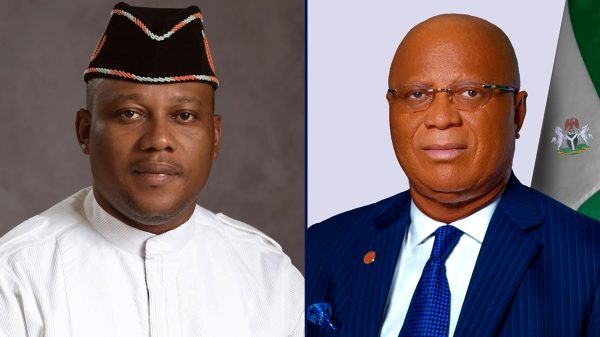The Lagos State Government has enacted five critical laws, including the Human Organ and Tissue Transplantation Law, in a bid to enhance public welfare and strengthen governance in the state.
This announcement was made by the Attorney-General and Commissioner for Justice, Lawal Pedro, during a press briefing on Thursday at the Ministry of Justice in Alausa, Ikeja. Pedro highlighted that the new organ transplant law aims to combat illegal organ harvesting and promote ethical medical practices in Lagos.
In addition to the Human Organ and Tissue Transplantation Law, Governor Babajide Sanwo-Olu signed the following bills into law:
1. Consumer Protection Law
2. Lagos Enforcement Training Institute Law
3. Victims Assistance and Witness Protection Law
4. Fire and Rescue Service Law
Pedro emphasized that these legislative milestones reflect the Sanwo-Olu administration’s commitment to safeguarding the rights, security, and welfare of Lagos residents.
“These laws represent our dedication to progress, justice, and opportunity,” he stated, adding that they address essential areas of public safety, consumer rights, and environmental sustainability.
The Human Organ and Tissue Transplantation Law sets strict regulations to prevent the illicit organ trade. It prohibits unauthorized organ harvesting and bans advertisements for organ sales. Violators face severe penalties, including up to 10 years in prison or a fine of N10 million.
“This law protects individuals from exploitation and ensures ethical standards in medical procedures,” Pedro explained.
The Consumer Protection Law aims to enhance consumer rights and enforce accountability for businesses in Lagos. Under the law, violators may face penalties such as fines up to N5 million and imprisonment. Repeat offenders risk harsher sanctions, including fines up to N750,000 and extended prison sentences.
Pedro urged Lagos residents to familiarize themselves with these laws and actively participate in their enforcement.
By implementing these laws, the Lagos State Government continues to position itself as a model of governance and development in Nigeria, ensuring a safer, fairer, and more prosperous future for its citizens.




















































































































